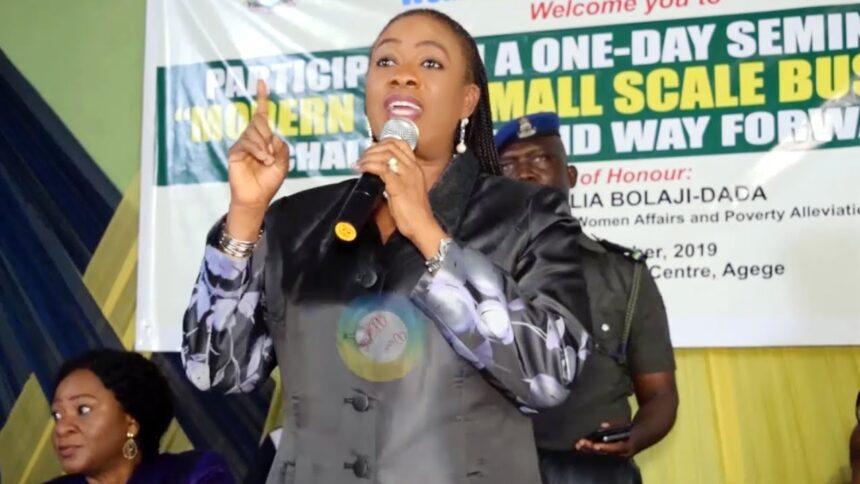Lagos State Commissioner for Women Affairs and Poverty Alleviation (WAPA), Mrs. Cecilia Bolaji Dada, has said that no fewer than 200,000 women and vulnerable residents would be empowered by the ministry in the bid to make them economically independent.
The commissioner said she envisions a ministry that is result-oriented, proactive and innovative in its approach, leveraging technology and data to enhance services and create effective solutions to the challenges faced by its target demographics.
In delivering its mandate, she said relevant stakeholders, including NGOs, community leaders, and the private sector would be partnered with to maximise impact and reach the most vulnerable populations, adding that her agency’s efforts must be complemented by a robust array of laudable programmes.
She said: “As we embark on this new phase, it is essential that we reiterate the critical importance of our mission. The Ministry of Women Affairs and Poverty Alleviation plays a crucial role in tackling societal challenges and creating an inclusive and equitable society for all residents of Lagos State. Our mandate is to uplift and empower the vulnerable populations, particularly women and the impoverished.
“We cannot underestimate the impact our work can have on the lives of countless individuals. When we empower a woman, we uplift an entire community. When we alleviate poverty, we create opportunities for growth and development. Therefore, it is our duty to ensure that no one is left behind and that every individual, regardless of gender or economic standing, is given an equal chance to succeed.”
Dada listed 10 areas of intervention to include: Enhancing economic empowerment of women and the vulnerable; Education and skills development; Health and reproductive rights protection; Gender-based violence prevention and response; Social protection programmes; Advocacy and policy reform; Collaboration and partnerships; Data collection and analysis; Public awareness and sensitisation and monitoring and evaluation.


